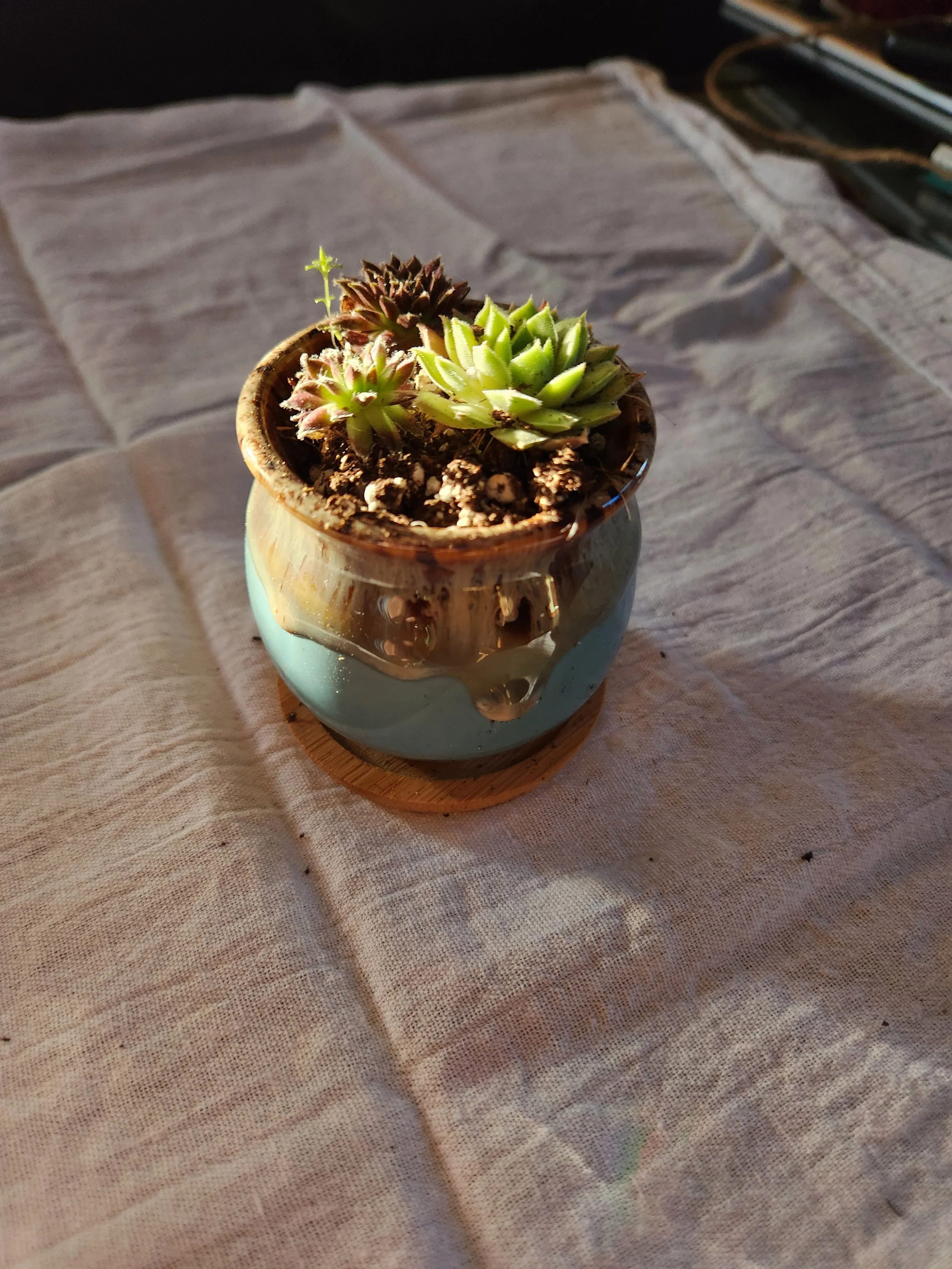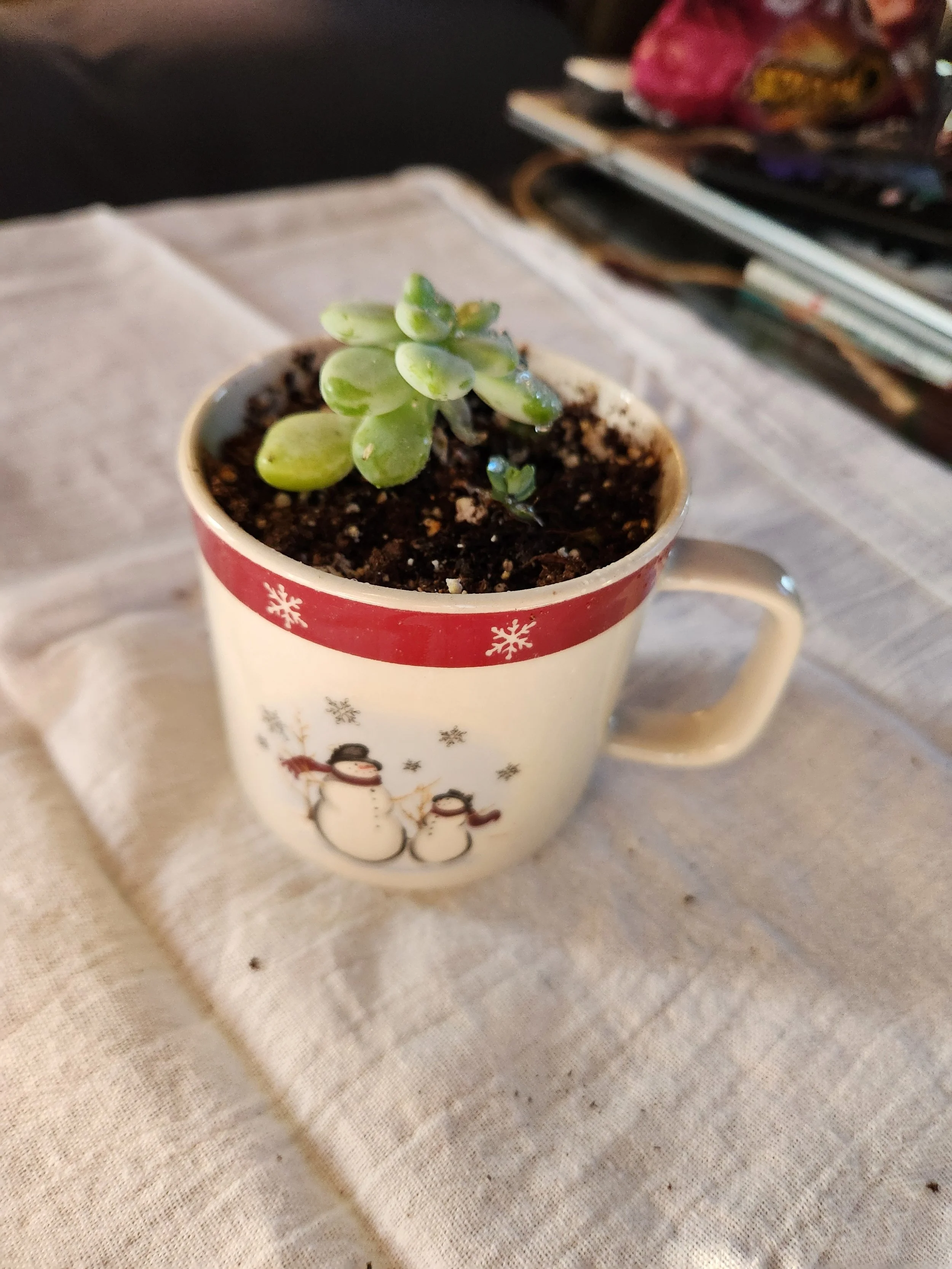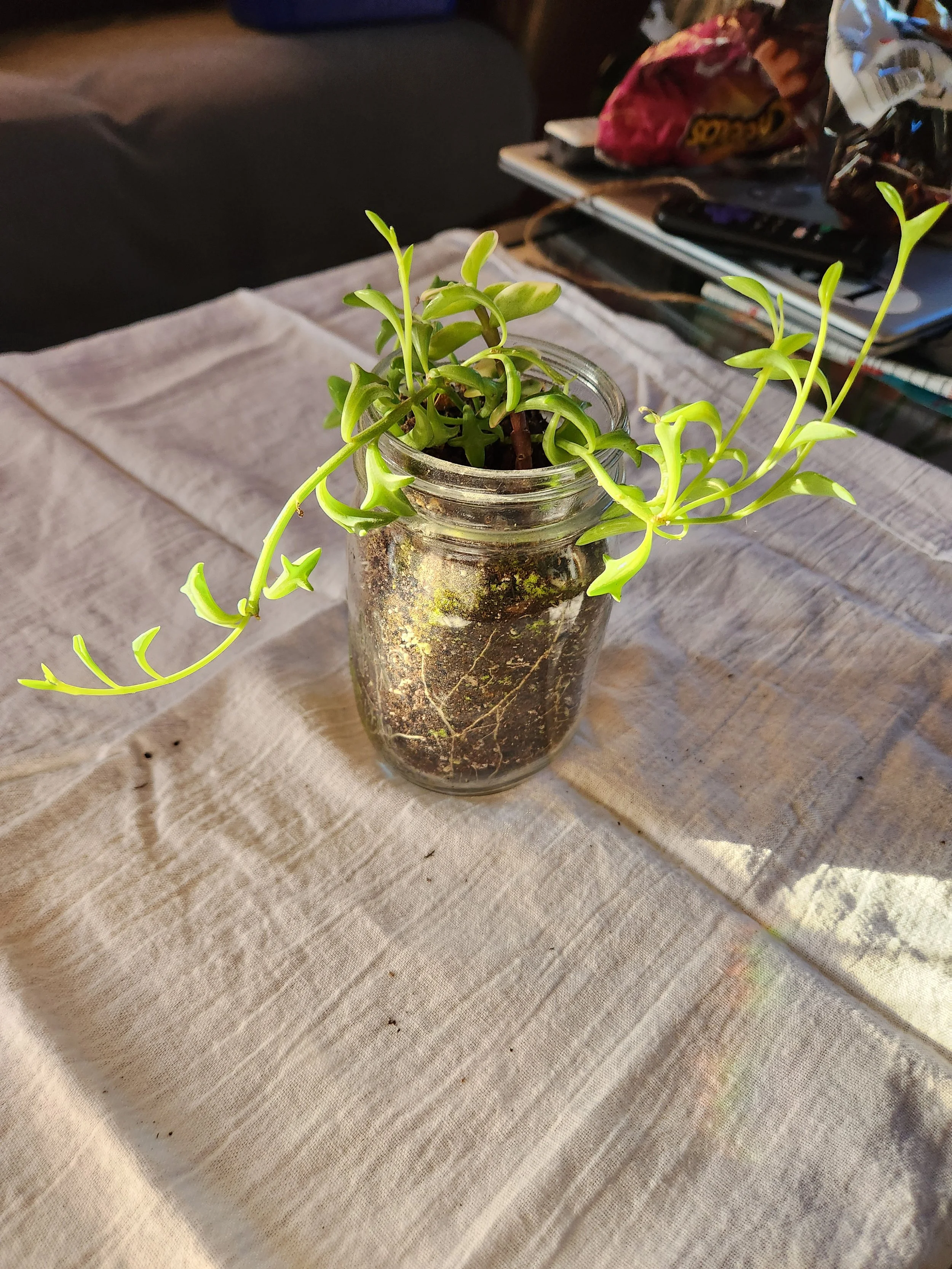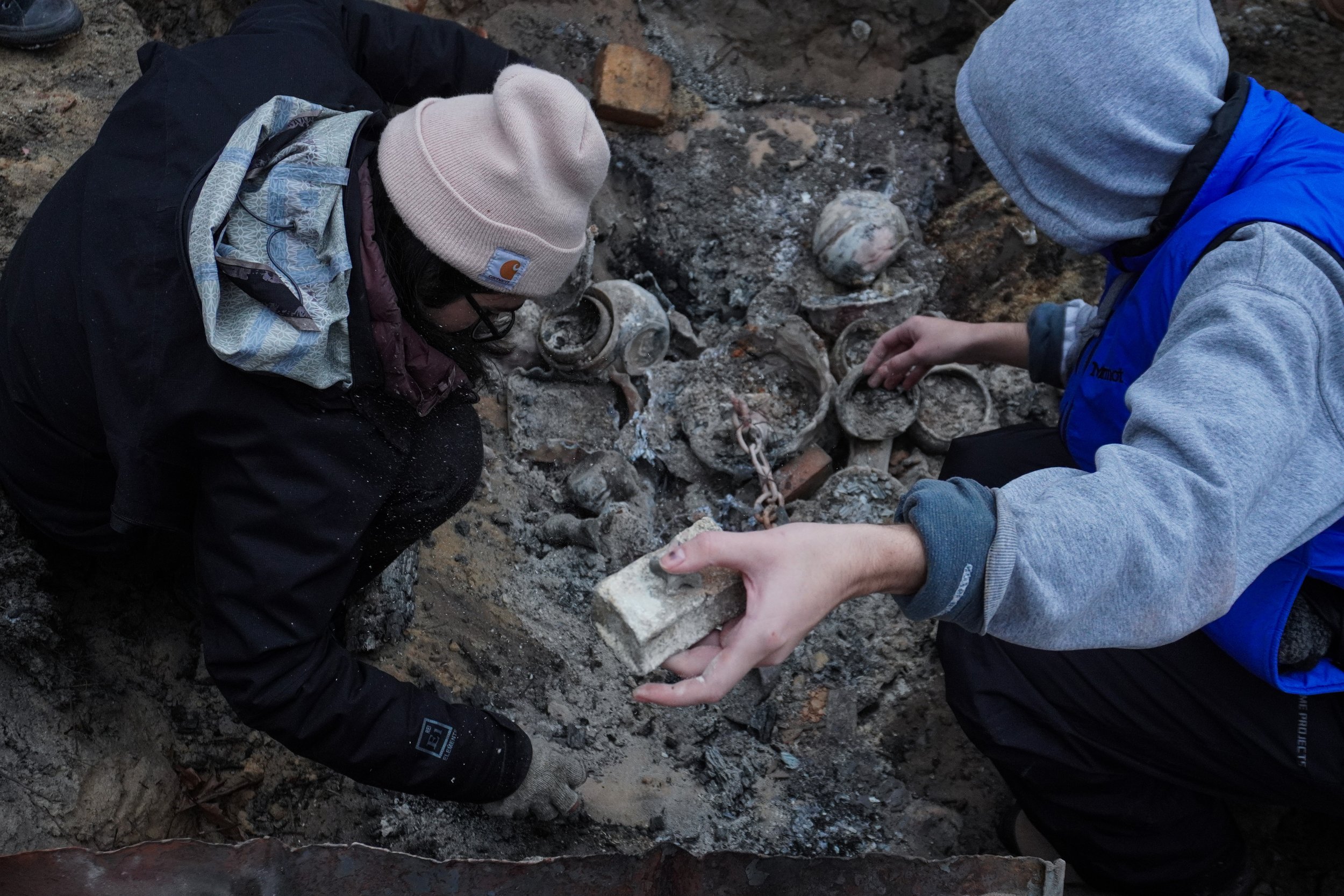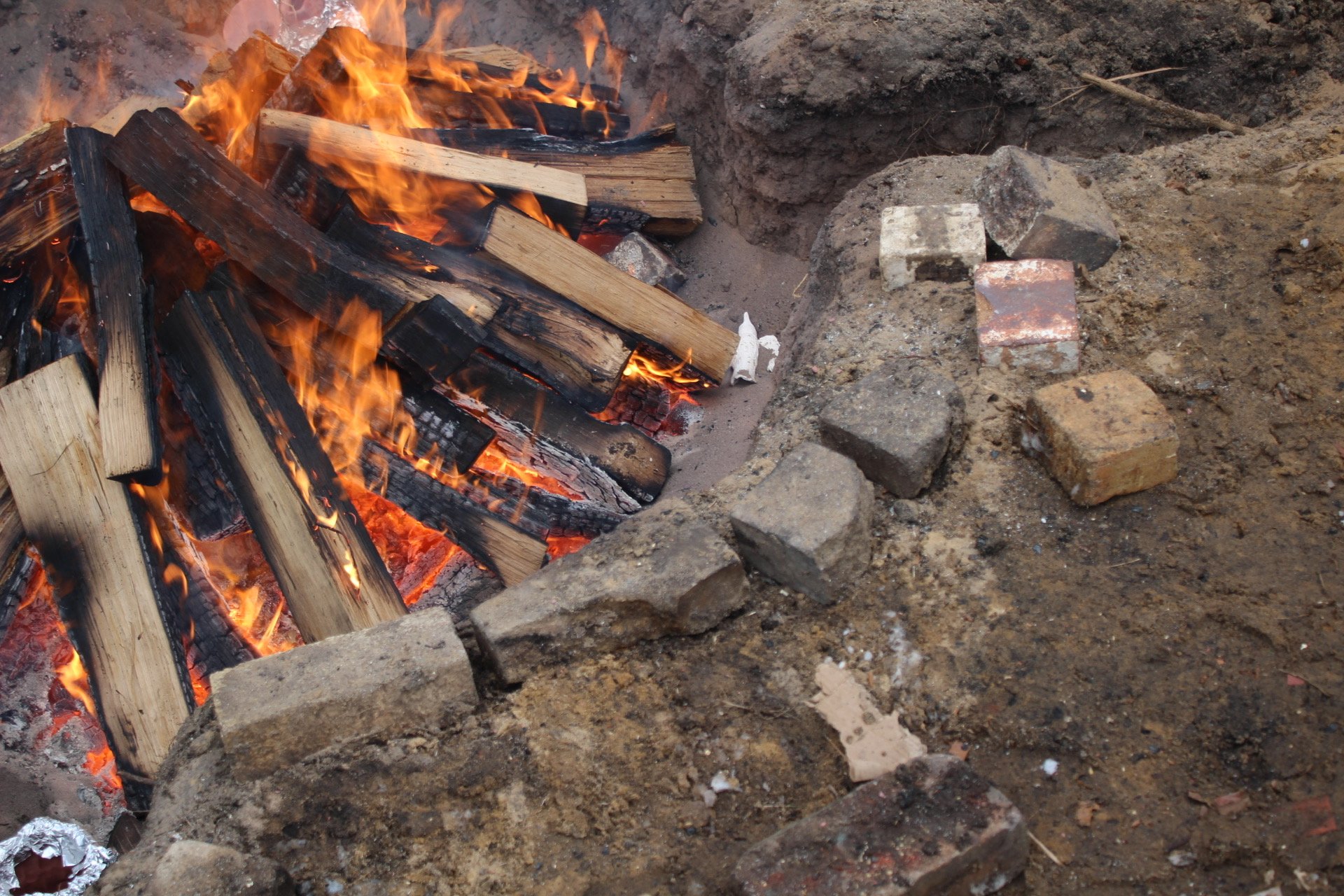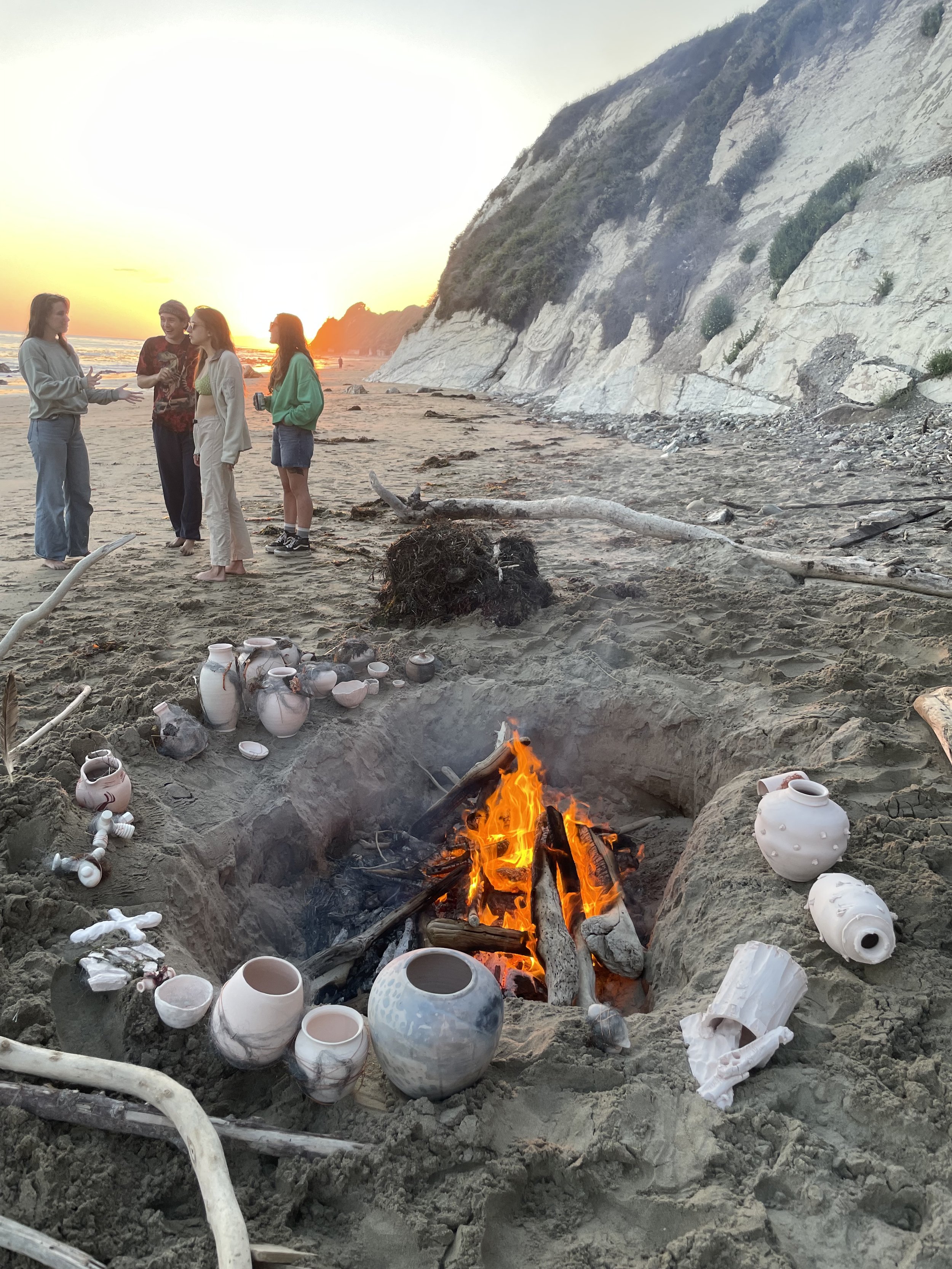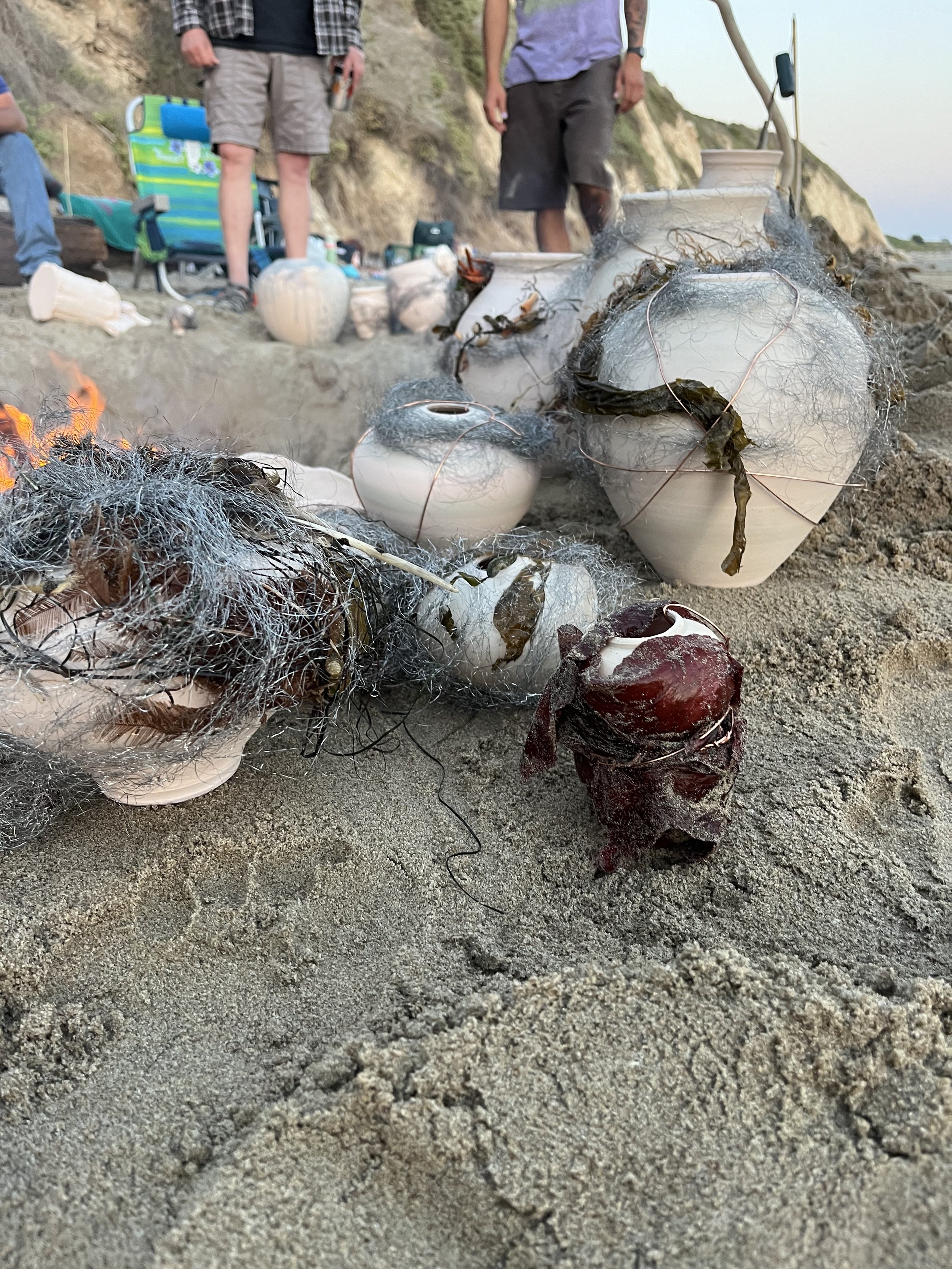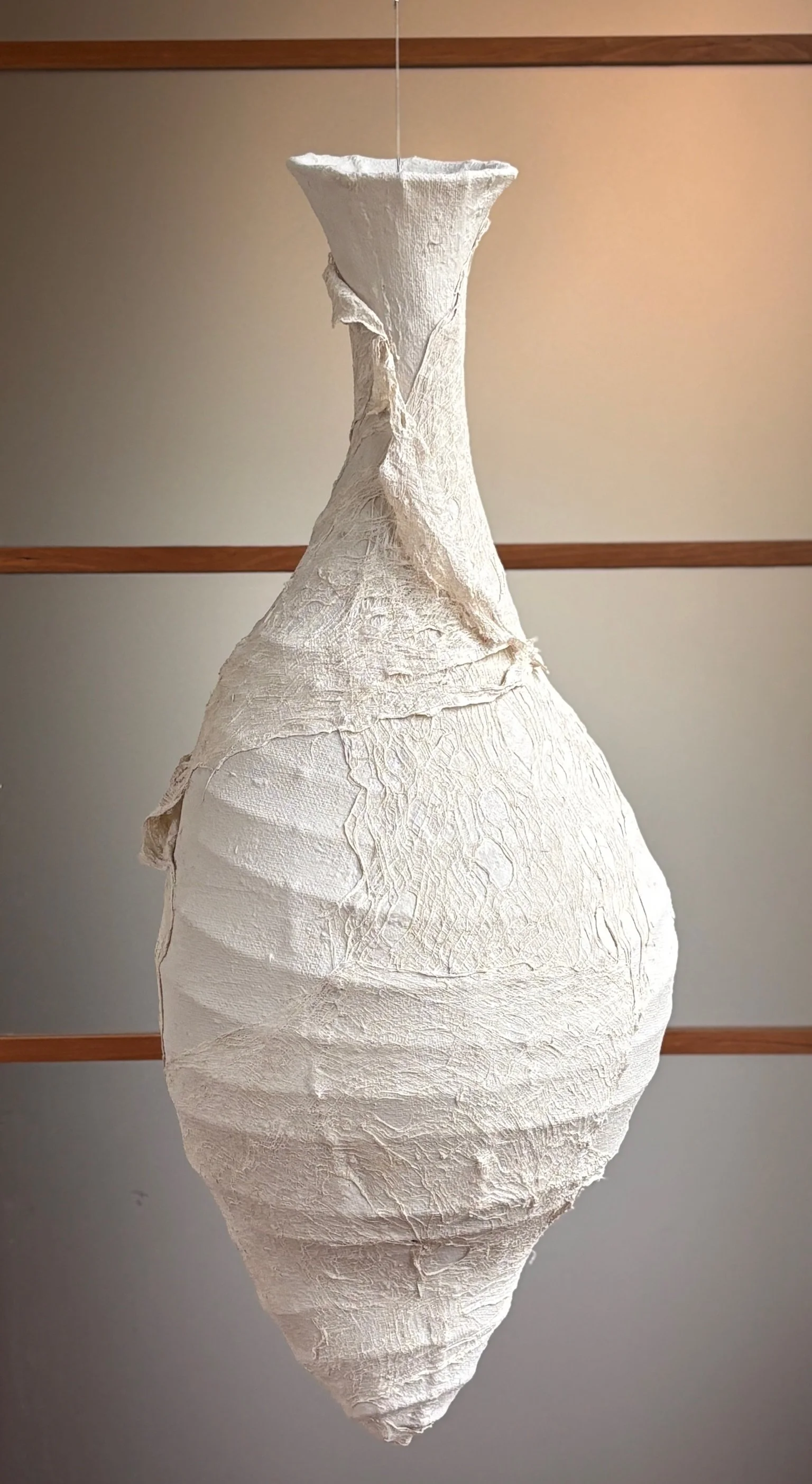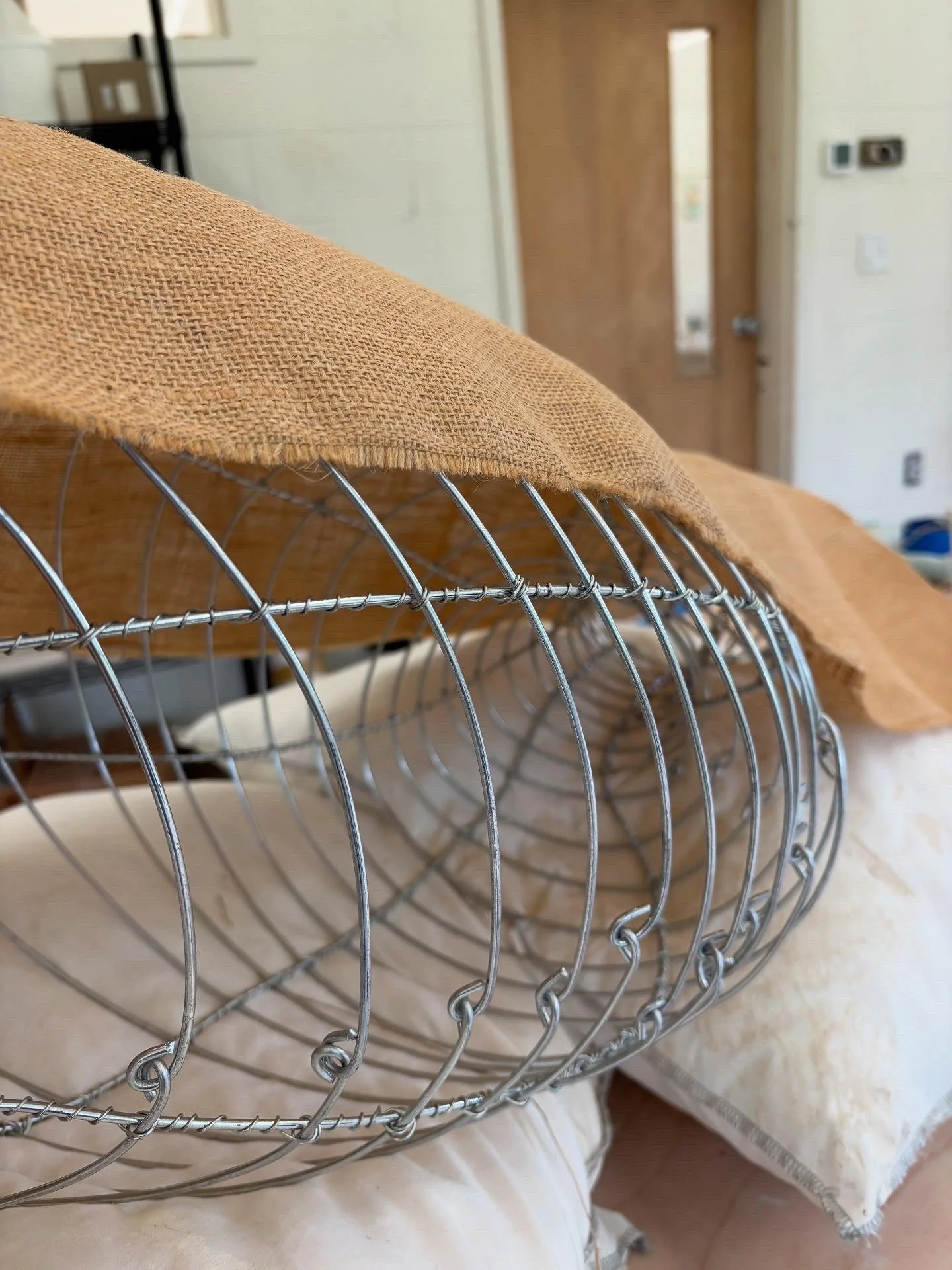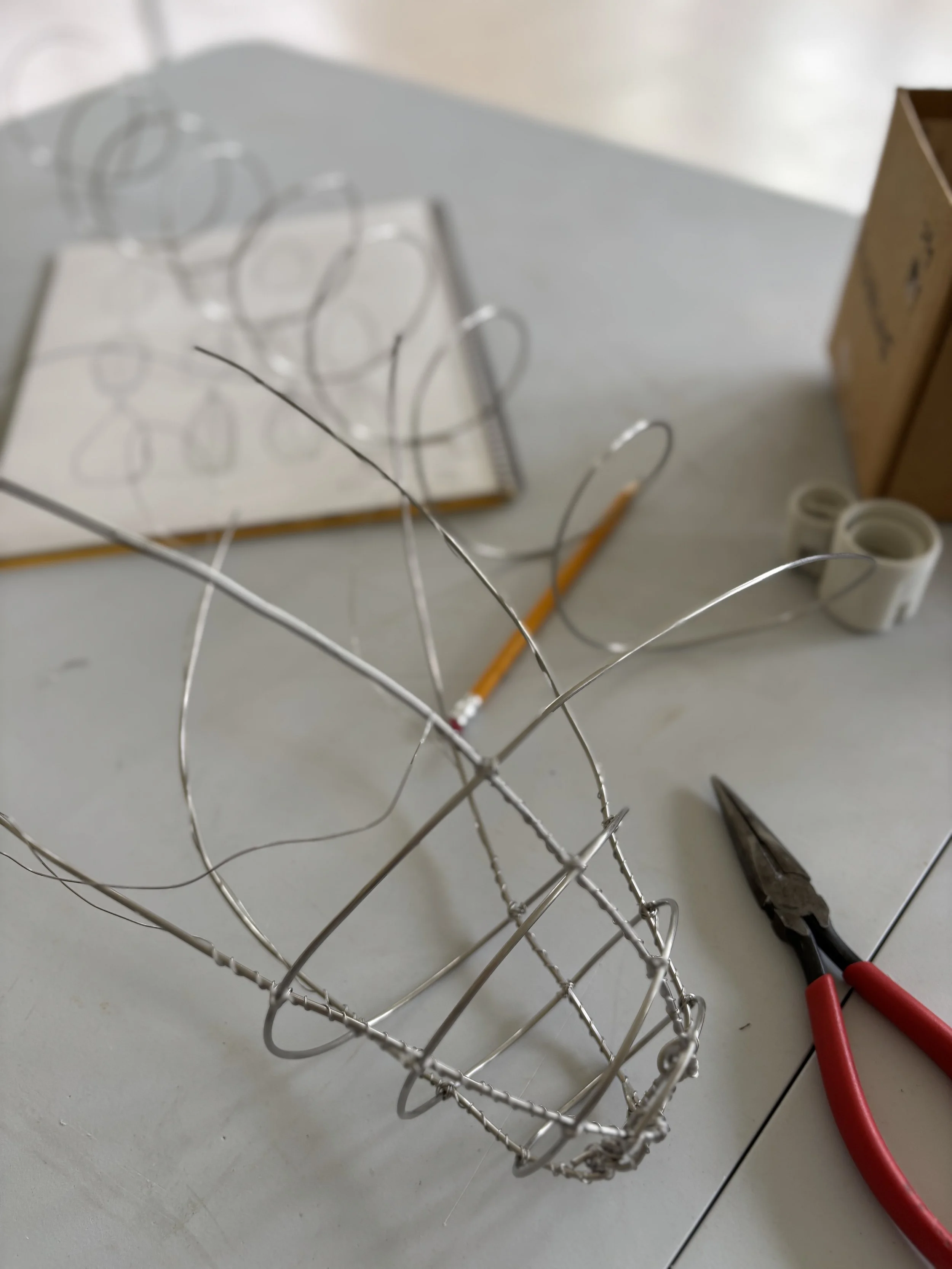 Image 1 of 3
Image 1 of 3

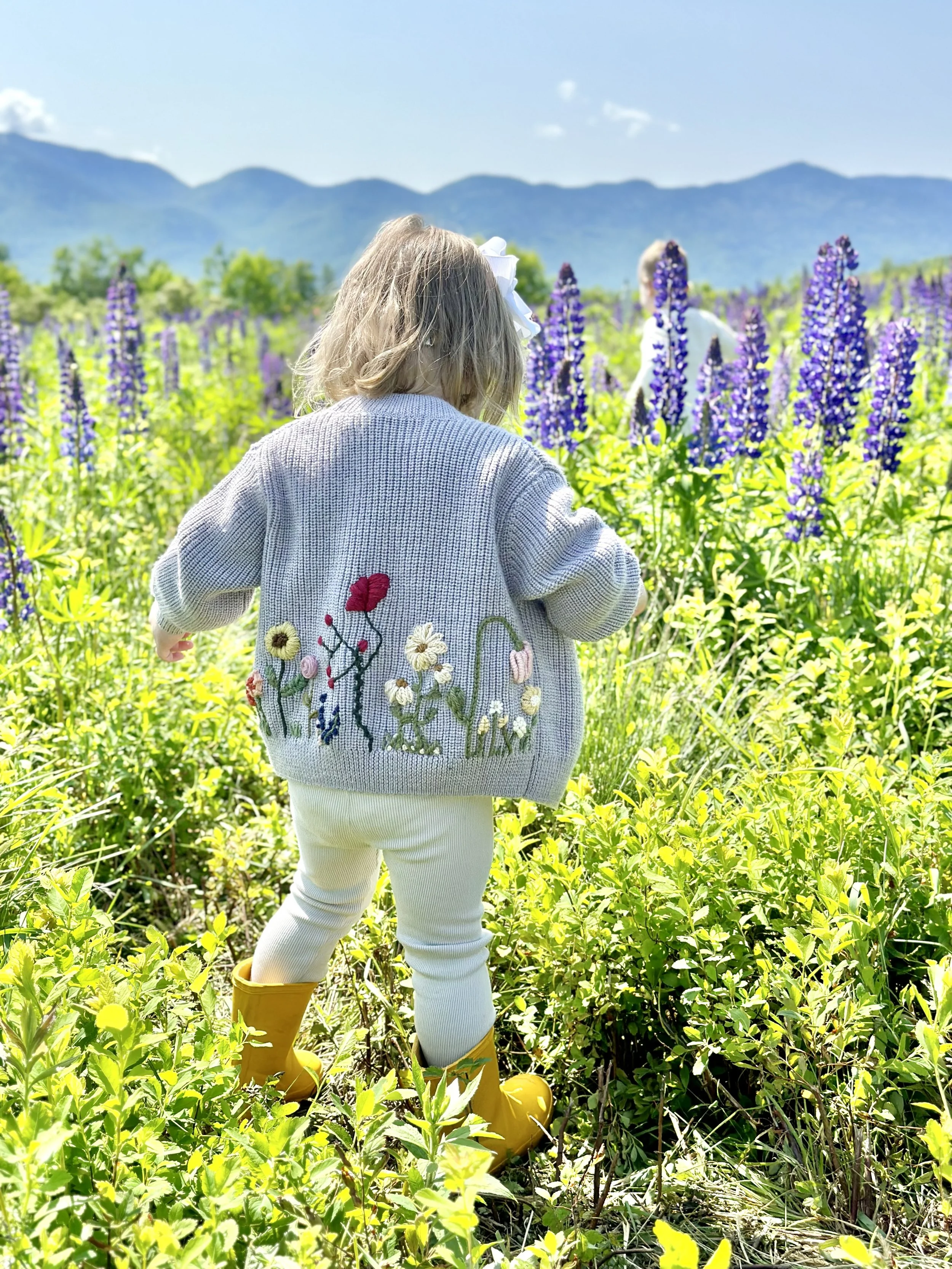 Image 2 of 3
Image 2 of 3

 Image 3 of 3
Image 3 of 3




Embroidery on Knitwear with Robert Scheckler
Saturday, Sept 27, 2025 10am-2pm & Saturday, Oct 18, 2025 10am - 1pm
Summary:
In this two-session, beginner-friendly workshop, participants will explore the art of embroidering on knitwear. In the first session, students will learn a variety of embroidery stitches well-suited to knitted fabrics, creating a stitch sampler while gaining essential skills like managing tension, anchoring stitches, and working with the structure of knits. The second session offers time for personalized project work, troubleshooting, and deeper exploration of stitch techniques. This workshop is perfect for those looking to embellish handmade or thrifted knits, repair old favorites, or simply enjoy a cozy, creative autumn project.
Workshop description:
Come spend a cozy day with yarn in hand and experience the joy of embroidering knitwear. Embroidering knitted fabric is a relaxing technique when done in hand (no embroidery hoop) with yarn of the same weight as the knit. It works up more quickly than most embroidery techniques and provides a new way to embellish your handknits, upcycle thrifted knits, or even cover small holes and stains on a favorite old sweater.
During the first session of this two-session workshop, we’ll focus on learning embroidery stitches that work well on knitwear and practicing them on the provided swatches to create a knitwear stitch sampler. We'll cover the techniques specific to knitwear, including how to start and finish your stitching, how to find the right level of stitch tension, and how to use the structure of the knit to your advantage. We'll also cover ideas for combining stitches to create different motifs and designs. Stitches covered may include: back stitch, split stitch, stem stitch, chain stitch, heavy chain stitch, French knots, whipped and woven wheels, and the use of whipping and weaving as variations on linear stitches.
Students are encouraged to work on their own embroidered knitwear project between the two sessions and bring that project to the second session. Class time in the second session will focus on reviewing and elaborating on the techniques already learned, demonstrating additional stitches as requested, and troubleshooting the projects in progress. Students are welcome to reach out with questions about their individual projects between the two class sessions.
A materials fee of $15 should be paid directly to the instructor at the first class session. All necessary learning materials will be provided, including a knitted swatch, a selection of yarns to practice with, and a selection of needles appropriate for knitwear. Additional tools, such as scissors and seam rippers, will be available to use during the workshop sessions. Students will also receive a handout with tips and techniques, resources, and stitch diagrams.
Students will provide the knitwear and materials for their individual projects. The area to be embroidered should be in a simple stitch (e.g. stockinette) and ideally in DK or worsted weight. The weight of the yarn used for embroidery should match the weight of the yarn used in the knit.
No previous embroidery or knitting experience is required.
Saturday, Sept 27, 2025 10am-2pm & Saturday, Oct 18, 2025 10am - 1pm
Summary:
In this two-session, beginner-friendly workshop, participants will explore the art of embroidering on knitwear. In the first session, students will learn a variety of embroidery stitches well-suited to knitted fabrics, creating a stitch sampler while gaining essential skills like managing tension, anchoring stitches, and working with the structure of knits. The second session offers time for personalized project work, troubleshooting, and deeper exploration of stitch techniques. This workshop is perfect for those looking to embellish handmade or thrifted knits, repair old favorites, or simply enjoy a cozy, creative autumn project.
Workshop description:
Come spend a cozy day with yarn in hand and experience the joy of embroidering knitwear. Embroidering knitted fabric is a relaxing technique when done in hand (no embroidery hoop) with yarn of the same weight as the knit. It works up more quickly than most embroidery techniques and provides a new way to embellish your handknits, upcycle thrifted knits, or even cover small holes and stains on a favorite old sweater.
During the first session of this two-session workshop, we’ll focus on learning embroidery stitches that work well on knitwear and practicing them on the provided swatches to create a knitwear stitch sampler. We'll cover the techniques specific to knitwear, including how to start and finish your stitching, how to find the right level of stitch tension, and how to use the structure of the knit to your advantage. We'll also cover ideas for combining stitches to create different motifs and designs. Stitches covered may include: back stitch, split stitch, stem stitch, chain stitch, heavy chain stitch, French knots, whipped and woven wheels, and the use of whipping and weaving as variations on linear stitches.
Students are encouraged to work on their own embroidered knitwear project between the two sessions and bring that project to the second session. Class time in the second session will focus on reviewing and elaborating on the techniques already learned, demonstrating additional stitches as requested, and troubleshooting the projects in progress. Students are welcome to reach out with questions about their individual projects between the two class sessions.
A materials fee of $15 should be paid directly to the instructor at the first class session. All necessary learning materials will be provided, including a knitted swatch, a selection of yarns to practice with, and a selection of needles appropriate for knitwear. Additional tools, such as scissors and seam rippers, will be available to use during the workshop sessions. Students will also receive a handout with tips and techniques, resources, and stitch diagrams.
Students will provide the knitwear and materials for their individual projects. The area to be embroidered should be in a simple stitch (e.g. stockinette) and ideally in DK or worsted weight. The weight of the yarn used for embroidery should match the weight of the yarn used in the knit.
No previous embroidery or knitting experience is required.

